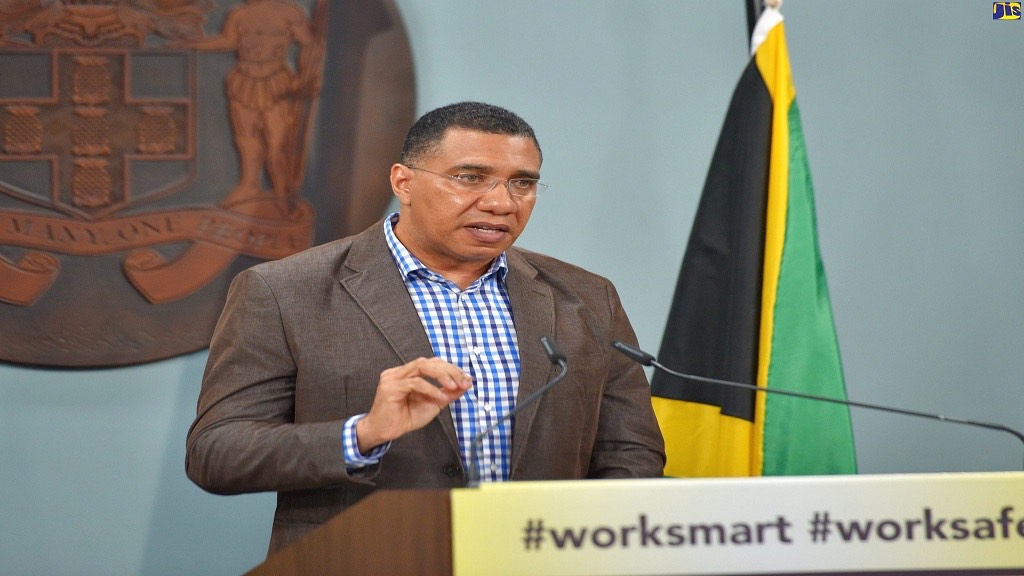

Crime in Jamaica has always been a point of issue. It has been the highest in the entirety of the western hemisphere for several years.
According to travellerworldwide.com, there are approximately 50 murders for every 100,000 inhabitants and Jamaica’s homicide rate was ranked #1 in the world as claimed by wisevoter.com.
The impact of crime stretches over a multitude of aspects within a country’s economy. In fact, crime retards economic growth and creates mistrust within authoritative systems of a country such as the court or police and this initiates a raise in transactional costs which inevitably diminishes the economy.
In Jamaica, the lack of confidence in the justice system is potent and, according to a 2006 survey by the Caribbean Policy Research Institute, 62 per cent of respondents believe the public sector to be corrupt. In order to effectively tackle and overpower this hindrance to progression, which is crime, there must be a growing credibility in the public sector.
Crime has been made a business, it has been professionalised within the confinements of our society and is able to generate large amounts of income, proving to be a potentially highly rewarding transactional act for all who are willing to partake.
According to the Economic and Social Survey of Jamaica 2006, over 30 per cent of all homicides are organised crimes – gang disputes. To make matters more complex, these crime networks are built on the firm foundation of support and the symbiotic relationships they have with local and national politicians- hence the people’s lack of trust in the Jamaican justice system.

Andrew Holness, the prime minister and also the chairman of the National Security Council, has made relentless attempts and pursued initiatives to rectify the issue at hand, such as the guns-for-cash campaign and his declaration of states of emergency to tackle crime.
“Criminals will begin to understand that we are changing the risk-reward dynamic of crime in Jamaica. The probability of being caught is great, the penalty for crimes is high, and the opportunities and loopholes to escape justice are being closed,” the prime minister stated in his 2023 New Year message to the country.
In 2022, 1,498 murders were recorded and the year before the total was 1,474.
The Jamaica Information Service has reported on predictions of a “sustained reduction in violent crimes in 2023”. This expectation has been followed up with initiatives announced by the prime minister, including: the amendments being taken to Parliament to increase the penalty for murder to over 30 years, the establishment of a minimum of 15 years to life for anyone convicted of an illegal gun offense and a new Corrections Bill, Fingerprints Bill and an Enhanced Security Measures Bill that is expected to be tabled this year.

“We were able to reduce the number of murders and save more lives in November and December 2022, thereby significantly bringing down the murder rate at the end of 2022. Your Government is steadily building out the legal framework that is appropriate to treat those determined to perpetuate violence in our society,” Holness explained.
“I have passed the stage of trying to win political popularity. It doesn’t matter to me anymore. I have to think about legacy. What will Jamaica be? Will it be the same as when I came and saw it? I can’t let Jamaica be the same as when I came and saw it.”
- Zemelyah Shaw is an Our Today writer. Send your feedback to [email protected]




Comments